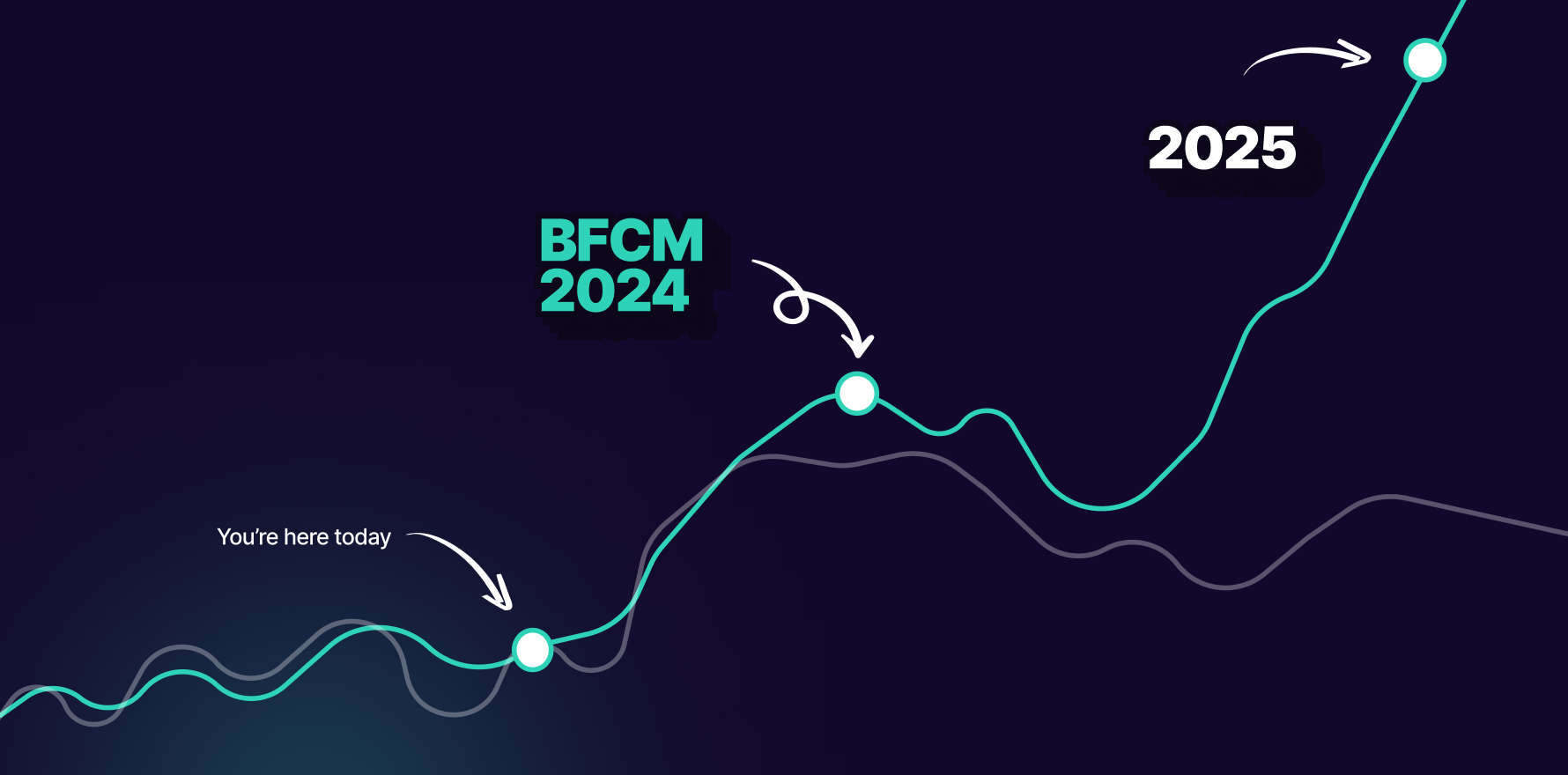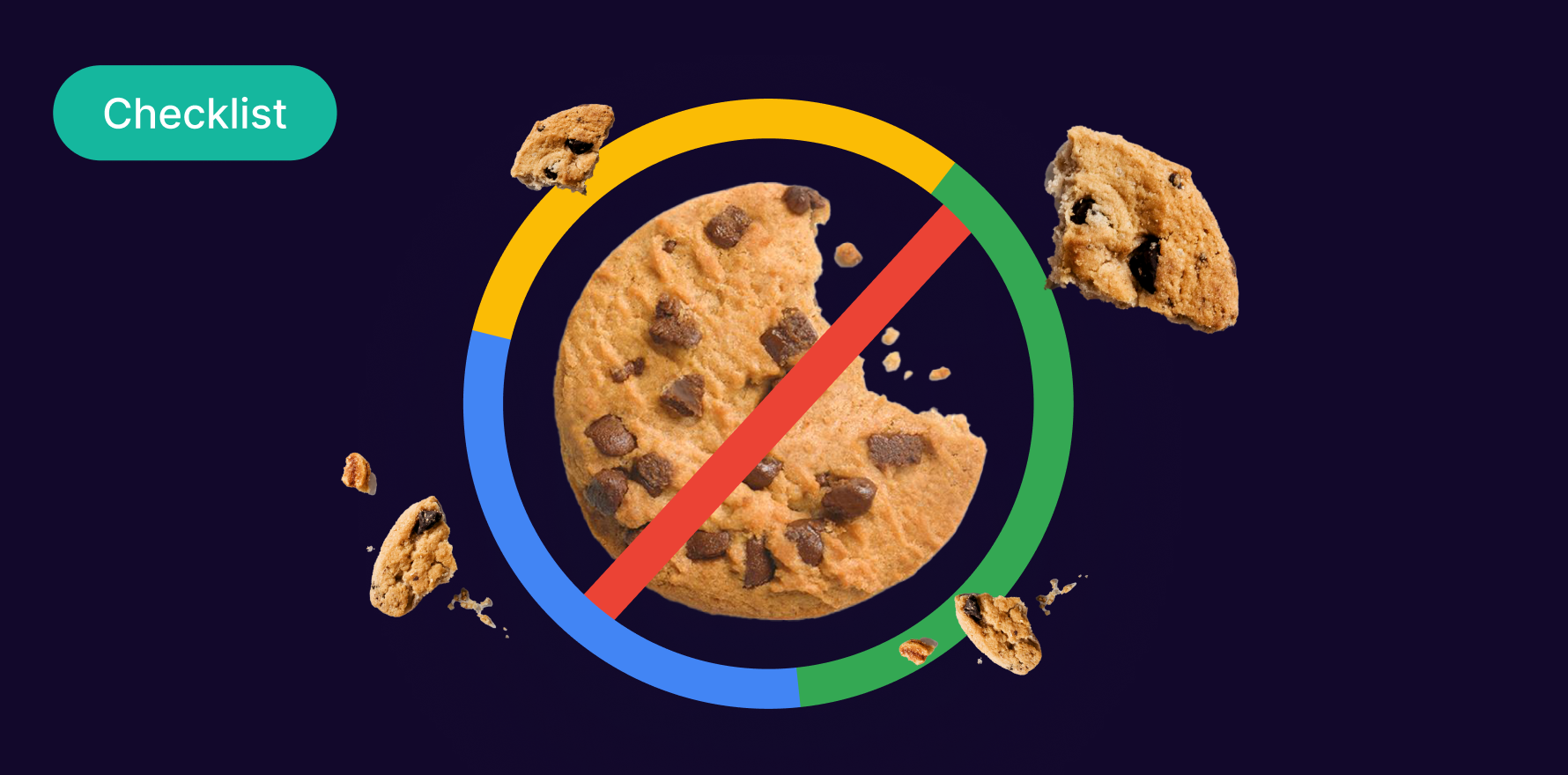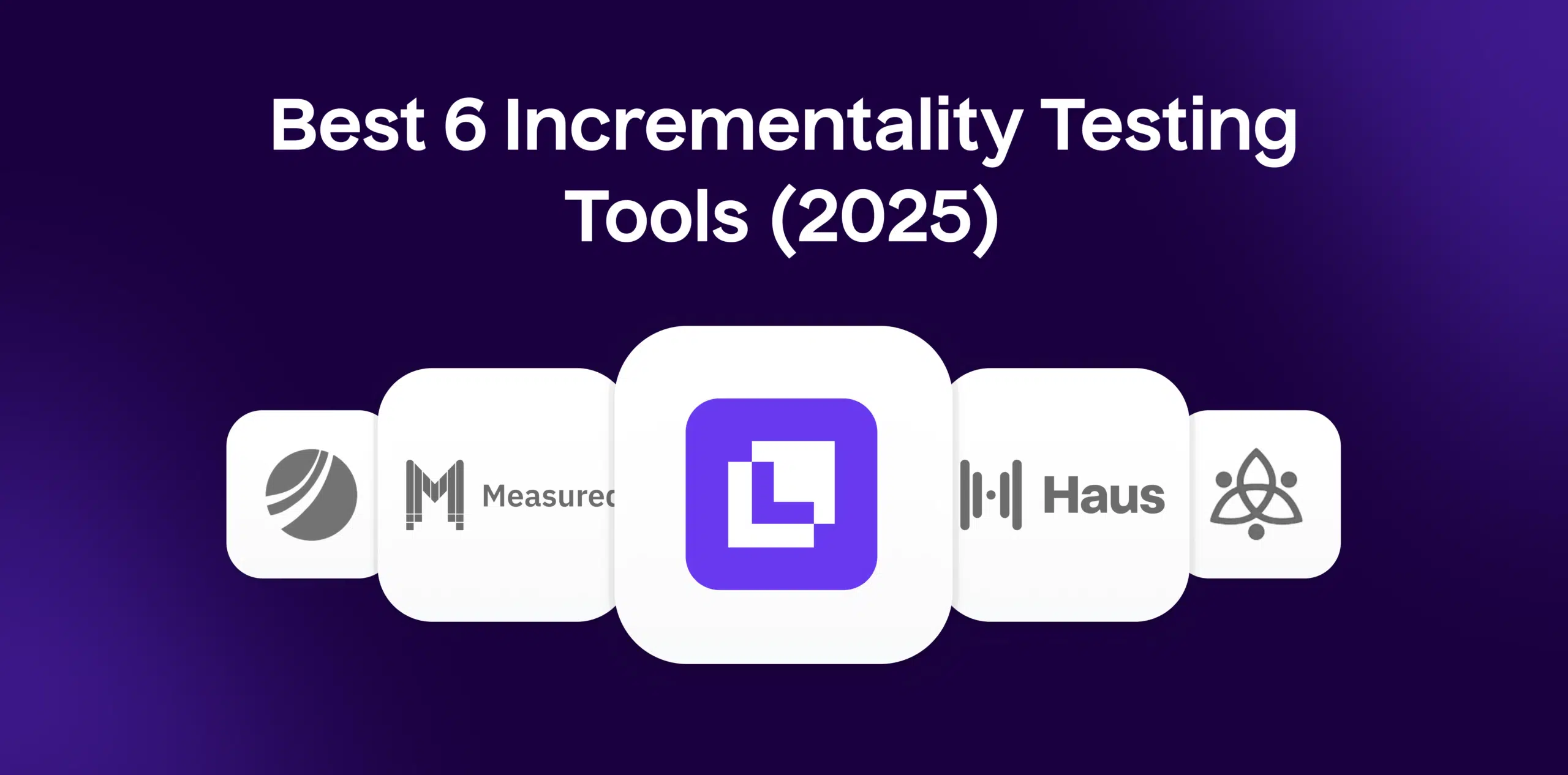What is Time on site?
Time on Site (TOS) measures the average amount of time a visitor spends on an ecommerce website before they abandon the page. This metric is critical for understanding the user engagement of a website. TOS is analyzed to determine the user experience and the effectiveness of various pages and content and to identify areas where improvements may be needed. The TOS helps measure the overall health of a site, which can be used to inform changes needed for increased conversions.
Formula
Time on Site = Total Duration of all Sessions / Total Number of Sessions
Example
If a website had 10,000 page views with an aggregated time spent on the website of 8 hours, the website’s Time on Site can be calculated by dividing 10,000 page views by 8 hours, which equals an average Time on Site of 1.25 hours.
Why is TOS important?
Time on Site (TOS) serves as an important measure of visitor engagement on an ecommerce website. It can help offer insights into user experience, effectiveness of website content/pages, and opportunities for optimization. Additionally, TOS data can offer very useful insight for discovering and measuring both successes and opportunities for improvement.
Which factors impact TOS?
Many different factors can influence Time on Site. Among the most important are usability, content relevancy, page loading speed, internal linking, website navigation, mobile optimization, as well as external influences such as user demographics, user experience, and previous activity.
How can TOS be improved?
Improving Time on Site (TOS) can be done in a variety of ways. Creating engaging content, offering value-added information, and building trust through user reviews and experiences are just some ways to increase user engagement and consequently, TOS. Other options may include making content easier to find, improving website navigation, making improvements to the page loading speed, and optimizing for mobile devices.
What is TOS’s relationship with other metrics?
Time on Site (TOS) is closely related to other ecommerce metrics such as Bounce Rate, Average Order Purchase (AOV), Conversion Rate, Click-Through-Rate (CTR). Bounce Rate and AOV are often higher when TOS is lower, while CTR will typically increase when TOS is higher. The correlation between these metrics helps to provide a very general picture of website behavior.
Free essential resources for success
Discover more from Lifesight














